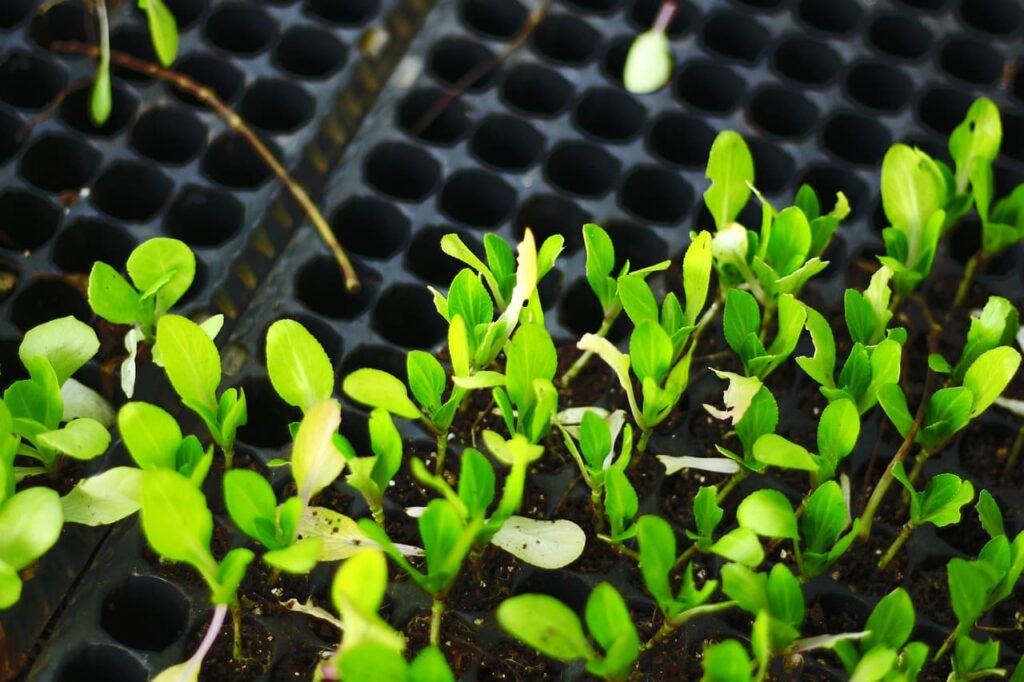Agriculture remains one of the most important sectors of the economy, providing food security and creating many jobs. However, few people are aware of the high-paying career opportunities in this field. Here you will learn about twenty of the most lucrative careers in agriculture.
In-demand Professions
Career opportunities in agribusiness are not limited to farming or research. The field of agriculture offers many high-paying and challenging professions that can provide stable careers and development opportunities.
Here are the 20 highest-paying jobs in the agricultural sector:
1. Agronomist:
Agronomists play a key role in the agricultural industry, advising farmers on how to cultivate plants and improve yields. They analyse the soil, monitor plant health and develop fertiliser and cultivation plans.
2. Zootechnician:
Zootechnicians specialise in breeding, raising and caring for farm animals. They develop diets, monitor animal conditions, and work to improve animal productivity and health.
3. Agricultural Manager:
Agricultural managers are responsible for managing agricultural operations on farms or agribusinesses. They are involved in planning, organising production processes and overseeing tasks.
4. Sustainability Specialist:
Sustainability specialists focus on implementing environmentally friendly technologies in the agribusiness industry. They work on projects that help reduce the environmental impact of agriculture and improve resource utilisation.
5. Biotechnologist:
Biotechnologists in agriculture work to create and modify the genetic structures of plants and animals to improve their resistance to disease, increase yields, and adapt to climate change.
6. Agricultural Inspector:
Agricultural inspectors are responsible for controlling the quality and safety of products at all stages of production. They inspect farms, processing plants and other institutions in the agricultural sector to ensure that standards are met.
7. Marketers in the Agribusiness Sector:
Marketers in agriculture develop and implement strategies to market agri-products. They analyse market needs, create advertising campaigns and work to strengthen the brand of agribusiness companies.
8. Financial Analyst in the Agribusiness Sector:
Financial analysts in the agribusiness sector assess economic conditions and market trends to help agribusinesses make informed financial decisions. They analyse revenue, expense and profit data to assess the financial stability of companies.
9. Logistics Specialist:
Logistics specialists in agriculture manage the transport, storage and distribution of agri-products. They optimise logistics schemes to ensure timely delivery of goods and reduce costs.
10. IT Specialist in the Agribusiness Industry:
IT specialists in the agribusiness industry develop and maintain technology solutions that improve the efficiency of agricultural production. They create software for farm management, yield monitoring and process automation.
11. Resource Management Consultant:
Resource management consultants help farmers and agribusinesses optimise the use of water, land and other natural resources. They develop strategies for sustainable and efficient resource management to improve productivity and reduce environmental impact.
12. Biosecurity Specialist:
Biosecurity specialists are concerned with preventing the spread of disease to plants and animals. They develop and implement measures to control the health of plant and animal populations and ensure compliance with regulations and safety standards on farms and agribusinesses.
13. New Product Development Specialist:
These specialists work to create new agri-products, improve existing products, and innovate agricultural production. They conduct market research, test new products and develop strategies for their successful market introduction.
14. Agrochemical Specialist:
Agrochemical specialists develop and test chemicals, such as fertilisers and pesticides, that improve plant growth and protection. They work to develop more effective and safer agents to control pests and diseases, and monitor their impact on the environment.
15. Agricultural Engineer:
Agricultural engineers design, develop and optimise agro-technologies and equipment. They implement new technical solutions on farms, such as irrigation systems, mechanised farm equipment and technologies for crop monitoring, which contribute to improving overall production efficiency.

16. Food Safety Expert:
Food safety experts ensure that food meets established quality and safety standards. They conduct inspections at production facilities, analyse food handling processes and develop recommendations to prevent foodborne illness.
17. Rural Development Manager:
Rural development managers work to improve life in rural areas. They develop and implement programmes that stimulate economic growth, education and health care, thereby improving the living conditions of rural residents.
18. Organic Farming Specialist:
Organic farming specialists focus on farming practices that minimise the use of chemicals as much as possible. They develop sustainable agricultural practices, train farmers in organic methods, and monitor the quality of produce.
19. Agriculture Market Analyst:
Agricultural market analysts study market trends, demand and supply of agri-products. They provide valuable information to agribusinesses and farmers to make informed decisions about production, pricing and marketing strategies.
20. Water Management Specialist:
Water management specialists develop strategies for the efficient use of water in agriculture. They work to minimise water loss, improve water quality and ensure sustainable access to water for agricultural use.
Conclusion
In agriculture, there are a lot of difficult and well-paying jobs that can provide stability and room for growth. There is a job for everyone in the farming industry, from agronomists and biotechnologists to marketing experts and management experts.
Choosing a job in agriculture is not only a way to make more money, but it’s also a way to help the future of the world by keeping food safe and sustainable.